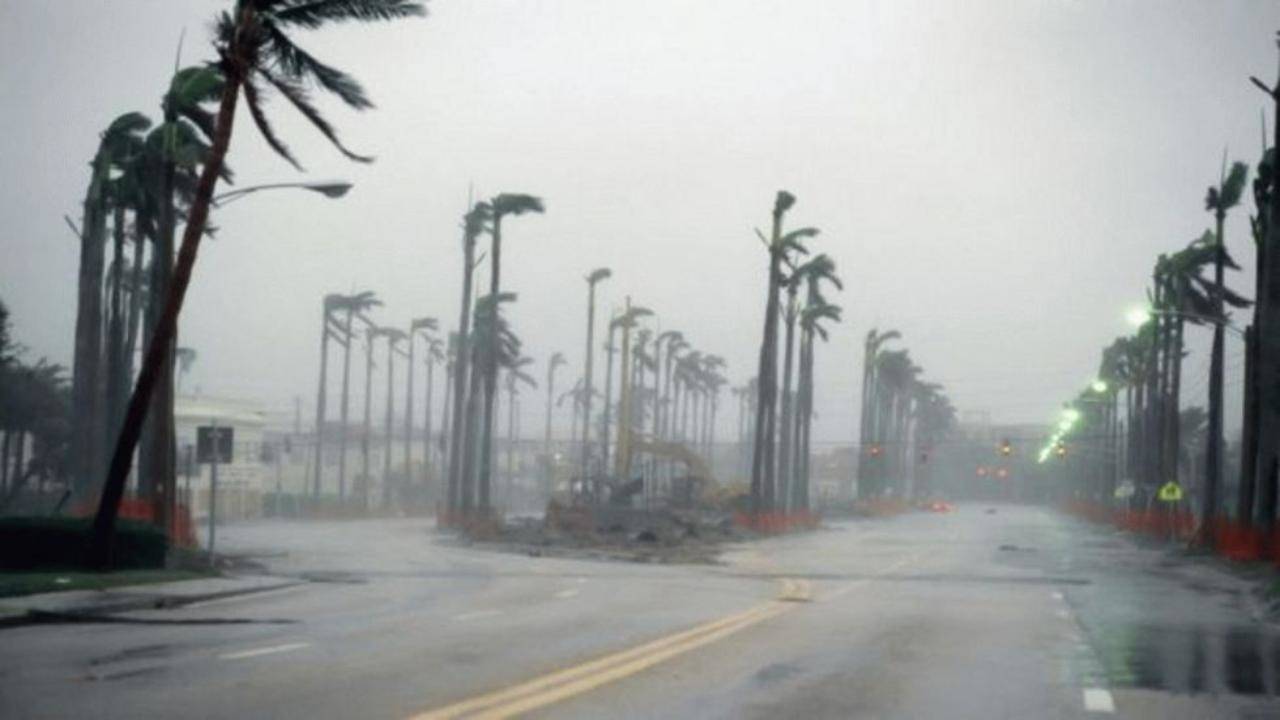How to Survive Hurricane Season

STORM RISK REVIEW
The best time to prepare is well in advance of any weather event. As part of its Ready Business campaign, the Federal Emergency Management Agency created a hurricane toolkit to help businesses prepare and continue to operate after a storm emergency. The toolkit walks businesses through identifying their risk and developing emergency plans and provides practical checklists. Businesses that participate can earn certifications as a Ready Business Community Member.
Making sure insurance policies are up to date and you are familiar with the coverage, especially if there has been construction or renovation, is also a critical step in preparing for not only storms but also damage like flooding that can happen in the aftermath.
Most apartment properties in areas threatened by flooding already have to be covered by flood insurance before a finance company will make a loan to the property. However, federal flood insurance provided by the National Flood Insurance Program currently only provides up to $500,000 per building and carries a range of policy limitations that could leave some portion of the financial risk caused by flooding events to go unmitigated.
Moreover, the program, which has been operating under a long series of short-term extensions, may undergo significant changes going forward as Congress looks to make longer-term reforms to the program in hopes of returning it to solvency.
Many apartment properties also have supplemental flood insurance provided by private companies. Make sure that you are satisfied with the terms and, again, know what actually is covered. For example, some private flood insurance policies do not cover flooding caused by wind, which can include storm surges created by hurricanes. Owners should talk to their insurance brokers about additional policy options to better protect their assets.
Property managers should also encourage their residents to have individual flood insurance policies that cover the value of their own possessions in case of flood, because traditional renters insurance will not. Such policies are available through the NFIP at relatively affordable rates and can provide financial stability for residents in the aftermath of a hurricane, which, in turn, can help property owners and managers have greater visibility into rent revenue streams post storms.
Property managers should also be in touch with local officials, so that, long before a storm like a hurricane appears on the horizon, managers are aware of any plans that officials prepare ahead of time to evacuate in case of a disaster like a flood or a deadly hurricane. Make sure that residents are aware of these plans, if they exist, including details like the locations of shelters on higher ground.
WHEN THERE IS A STORM THREAT
When a potentially violent storm endangers an area in which you operate, make sure your local property managers are alert to the threat and are prepared to act. Check resources like the National Hurricane Center as well as your county’s emergency management agency and local news media for real time updates on the storm’s expected path and impact.
In addition, FEMA will provide updates, along with a host of resources and other hurricane preparedness material, with local information. FEMA’s Twitter feed (follow @fema) includes breaking storm news, emergency tips and tools and info on shelters and more. You can also encourage on-site staff to download the FEMA Mobile App to receive important storm alerts.
Leading up to a storm’s arrival, there will be many preparations to secure the community and its residents. Communication with your residents is paramount. You should provide your residents all the information they need to weather the storm—or evacuate, if necessary.
This should include things like links to the local disaster or emergency management agency, personal safety tips, relevant checklists and basic instructions for minimizing property damage. Reminders like removing furniture and other items from balconies and using flashlights instead of candles in the event of a power outage can go a long way to further protecting the property.
IN THE AFTERMATH OF A STORM
In the immediate wake of a hurricane or major storm, focus will be on assessing the physical damage. However, there are many operational and financial issues to also consider as apartment owners and managers look to help their residents and communities get back on track.
In some cases, property managers may need to inform their residents of alternative housing options. FEMA distributes shelter information, as well as the Red Cross. Airbnb also has a Disaster Response Program.
Disaster survivors who have a continuing need for shelter because they are unable to return to their homes for an extended period of time may be eligible for FEMA’s Transitional Sheltering Assistance program.
Financial assistance for disaster survivors may be available through FEMA to help cover housing costs and immediate needs. There is no income threshold for FEMA assistance and the assistance does not have to be paid back. The federal government also offers low-interest loans through the Small Business Administration to help replace personal property lost in a disaster.
However, residents will have to go to DisasterAssistance.gov to begin the qualification and registration process for many of these programs.
In past hurricanes, many firms have frozen rents, lessened lease terms or restrictions, turned off their revenue management systems or made other accommodations to assist those facing challenges.
Firms who have properties that were damaged by a storm should contact their loan servicers and insurance companies as soon as possible and thoroughly document and photograph any damage. The U.S. Department of Housing and Urban Development, the Federal Housing Agency and the government-sponsored enterprises all have disaster recovery guidance and protocols. These guidance documents often contain details related to post-disaster regulatory and policy relief, as well as policies on occupancy standards, vacant units, evictions, Section 8 residents and more.
In some cases, apartment firms may also be eligible for federal or state disaster relief, post-disaster mitigation grant funding or qualify for Small Business Administration loans.
A STORMY OUTLOOK
Apartment owners, managers and residents need to take hurricane preparedness seriously. Weather scientists from the National Oceanic and Atmospheric Administration raised their storm predictions last month as the likelihood of higher-than-normal storm activity rose significantly as the summer progressed.
NOAA now expects 10 to 17 tropical storms to hit the Gulf of Mexico and the East Coast of the U.S. this season, which typically runs May through November. That estimate includes two to four major hurricanes with 111 mile-per-hour winds or more, mostly striking by the end of October near season’s peak. Apartment firms with coastal operations should heed the forecast and proactively review and update their policies and procedures for preparing for, dealing with and recovering from a hurricane.
However, even apartment firm operating outside coastal areas that could be affected by hurricane or other flooding activity should review their emergency preparedness and disaster recovery plans. Extreme flooding, for example, has been a problem for apartment owners and managers across the country in recent years. As the recent flooding disasters in Colorado, Missouri, Iowa and South Dakota demonstrate, flooding is a common and often catastrophic occurrence far away from hurricane prone areas. Acknowledging that no community is truly free of flood risk is an important step towards emergency preparedness for all apartment firms.
Source: multihousingnews.com















 Accessibility
Accessibility